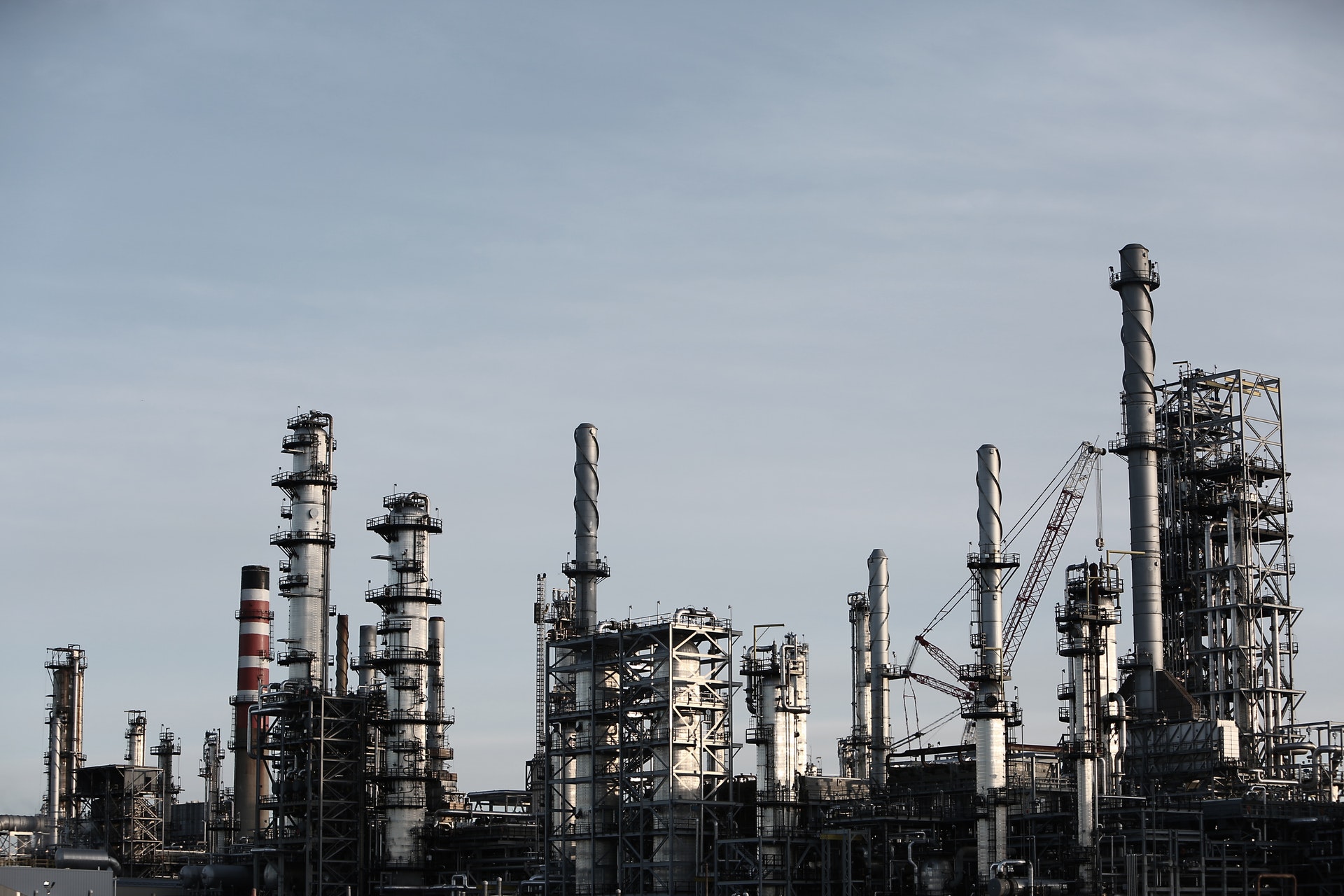Nigeria has an abundance of natural resources, especially hydrocarbons. It is the 10th largest oil producer in the world and the third largest in Africa.
Oil revenues account for about 95% of Nigeria’s foreign exchange earnings. Current daily production is typically limited by OPEC quota reductions . As a member of OPEC, Nigeria’s oil productionfluctuates in line with the cartel’s response to world oil supply. It is estimated that Nigeria has proven oil reserves totaling 35.2 billion barrels. Proven reserves are planned to be expanded to 40 billion barrels by 2010.
Most of Nigeria’s crude oil production, comprising 10 major crude streams (including condensate), is light sweet crude, API grades 21-45, with a low sulphur content. Nigeria’s marker crudes on the International oil market are Bonny Light and Forcados.
Most of the crude oil in Nigeria comes from numerous, small, producing fields, located in the swamps of the Niger Delta, Anambra State, Benue State, Trough, Chad Basin, and Benin and product is exported through 7 terminals, and a number of floating production vessels. There are estimates of about 606 oil fields, most with less than 100 million bbls of extractable reserves. Marginal oil fields are also known.
It is estimated that Nigeria has about 176 trillion cubic feet (Tcf) of proven natural gas reserves. However the lack of a gas infrastructure, means that about 75% of associated gas is flared and only 12% re-injected. Nigeria has set a goal of zero flare by 2010. The government also plans to raise earnings from natural gas exports to 50 percent of oil revenues by 2010.
Nigeria’s downstream oil industry has four refineries with a approximate capacity of 438,750 bbl/d. However, the refineries often operate at 40% of full capacity. Shortages of refined product are frequent and imports are normally used to offset domestic demand. Nigeria has a robust petrochemicals industry based on its substantial refining capacity and natural gas resources. The petrochemical industry is focussed around the three centres of Kaduna, Warri and Eleme.
The Ministry of Petroleum Resources regulates the petroleum industry in Nigeria. The 100% state-owned Nigerian National Petroleum Corporation (NNPC) has control over the industry via shareholding in all the companies involved and iis responsible for setting wholesale and retail prices.

